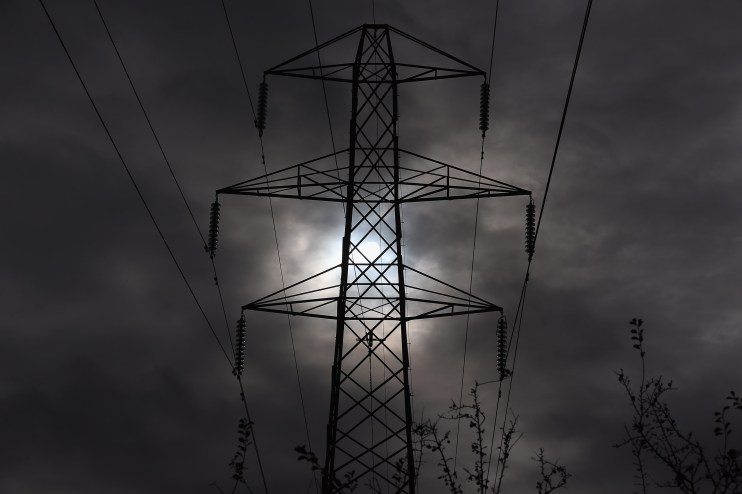National Grid faces breakup amid PM’s green push

Boris Johnson’s push to reshape the energy industry in order to achieve the net zero target could reportedly see the break up of the National Grid.
The regulator Ofgem’s recent review into National Grid will soon draw to a close and officials are exploring moves to breakup its current structure, according to the Sunday Telegraph.
The electricity and gas network, which is a regulated monopoly, avoided a breakup in 2017 when Ofgem first looked at separating its dual roles. Its operator division was spun off into a legally separate entity, National Grid ESO, which has its own board and employees.
There is now growing support for the operator’s electricity division to be moved into an independent body, according to the Sunday Telegraph. Officials are said to be exploring what the structure of this body would look like and how best to compensate shareholders, who would still own the main electricity transmission system for England and Wales.
The regulator accelerated the review into National Grid’s structure following the national net zero target set in 2019 and following last summer’s power cuts. It is set to publish the results of the review once the government publishes its energy white paper.
It comes as the Prime Minister is expected to outline further details of his “green industrial revolution” backing a new wave of nuclear power plants.
He is reportedly mulling a 10-point plan, set to be announced this week, to slash the UK’s carbon emissions.
And National Grid will report interim results on Thursday. In June it increased its payout for the year despite reporting a hit to profits from increased bad debts due to the pandemic.
A spokesperson for National Grid said: “The decarbonisation of the economy to reach the net zero target is the most critical issue facing the UK… National Grid continues to work closely with the government, regulator and industry to explore what changes will be needed to achieve net zero, and the role of the ESO is an important part of that discussion.”
Ofgem was contacted for comment.